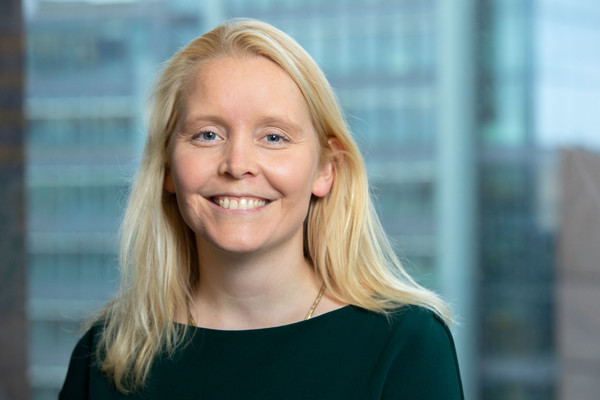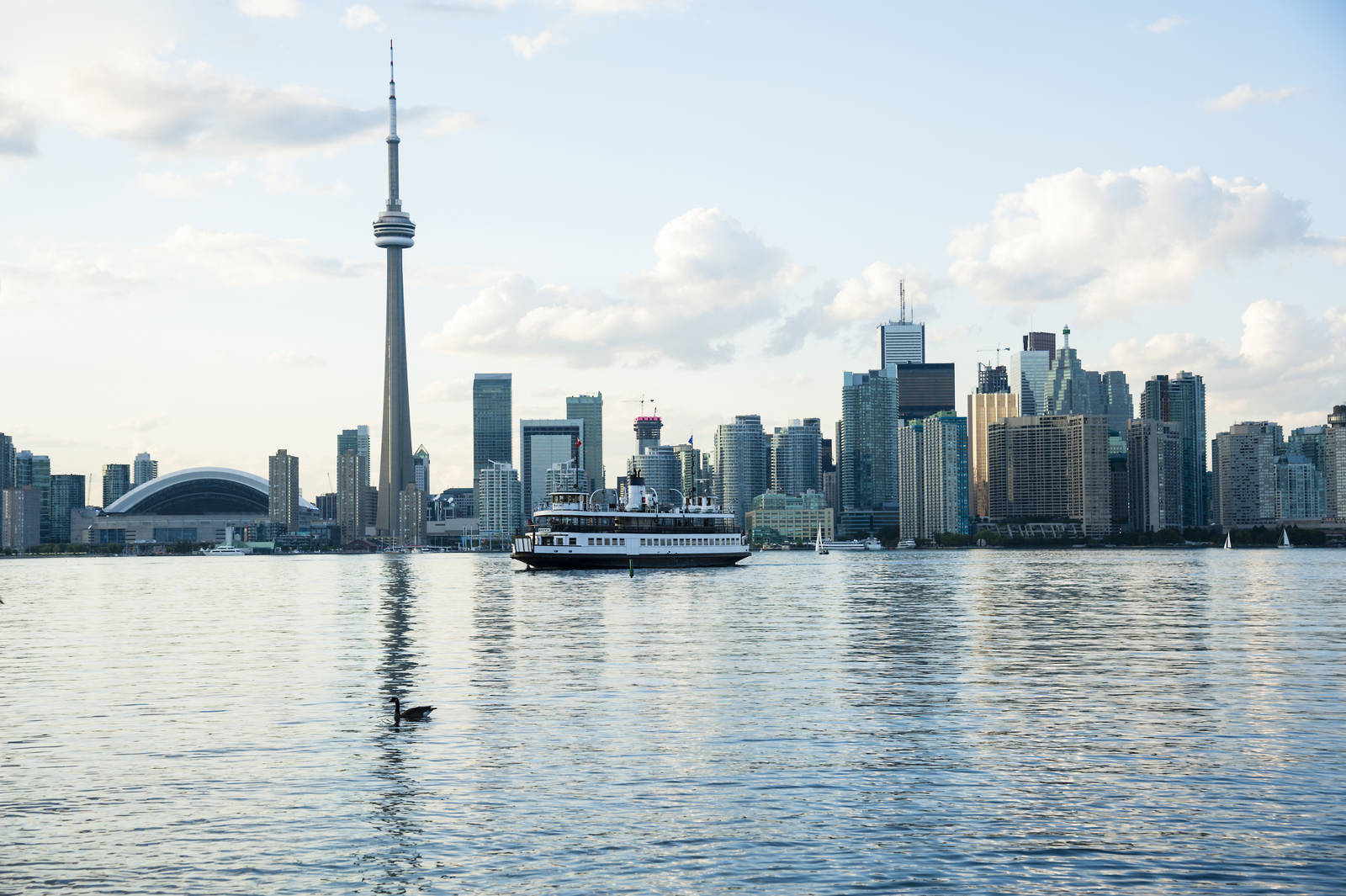The 101st session of the Maritime Safety Committee (MSC) met at the International Maritime Organization’s (IMO) headquarters from 5-14 June 2019 under the chairmanship of Brad Groves from Australia.
IUMI was represented by Lars Lange (IUMI Secretary General), Astrid Seltmann (Analyst/Actuary at The Nordic Association of Marine Insurers (Cefor) and IUMI Facts & Figures Committee Vice Chair), Tim Howse (Vice President at Gard and member of IUMI’s Legal & Liability Committee), Neil Roberts (Head of Marine Underwriting at Lloyd’s Market Association and member of IUMI Ocean Hull Committee and Policy Forum) and Hendrike Kühl (IUMI Policy Director). Here is a short summary of the key issues discussed:
Regulatory scoping exercise for maritime autonomous surface ships (MASS)
The Committee approved interim guidelines for maritime autonomous surface ships (MASS) trials. These guidelines require the same level of safety, security and protection of the environment as set out in the relevant IMO convention. Potential risks which may occur during the testing have to be identified prior to the trials. Safety measures which reduce the risks as far as possible must also be planned prior to testing. On-board and remote operators of MASS need to be appropriately qualified and experienced to safely conduct the tests. Moreover, steps should be taken to ensure sufficient cyber risk management is adhered to when conducting MASS trials.
The MSC also made progress with the scoping exercise to look at how the safe, secure and environmentally sound operation of MASS may be introduced in IMO instruments. A working group met during the session and terms of reference were agreed for an intersessional working group meeting in September 2019. The first step which looks to classify the various provisions of IMO instruments into the following four categories is well underway:
- apply to MASS and prevent MASS operations,
- apply to MASS and do not prevent MASS operations and require no actions,
- apply to MASS and do not prevent MASS operations but may need to be amended or clarified, and/or may contain gaps,
- have no application to MASS operations.
When this initial task is concluded, the second step aims to determine the most appropriate way of addressing MASS operations. This analysis will identify the need for:
- equivalences as provided for by the IMO instruments or developing interpretations,
- and/or amending existing instruments;
- and/or developing new instruments;
- or none of the above as a result of the analysis.
Non-SOLAS vessels in polar waters
The MSC approved a draft Assembly resolution calling on Member States to put into place safety measures of the Polar Code for non-SOLAS (the International Convention for the Safety of Life at Sea) vessels (on a voluntary basis). The draft resolution will be presented to the IMO Assembly for adoption this December. The Polar Code is mandatory for certain ships under the SOLAS and MARPOL (the International Convention for the Prevention of Pollution from Ships) Conventions. While SOLAS Chapter V (Safety of navigation) applies to all ships on all voyages (with some specific exceptions), the other chapters of the Convention do not apply to some categories of ships, including cargo ships of less than 500 gross tonnage; pleasure yachts not engaged in trade; and fishing vessels.
The Committee further ratified guidance for navigation and communication tools intended for the use on vessels sailing in polar waters. The guide comprises recommendations for temperature and mechanical shock testing, and about how to deal with ice accretion and battery performance in cold temperatures. It will serve as a critical tool for the implementation of the mandatory Polar Code. IMO’s Polar Code help to ensure that ships operating in the rough Arctic and Antarctic areas take into account extreme temperatures and that critical equipment must be operational in such harsh conditions.
The Sub-Committee on Navigation, Communication and Search and Rescue (NCSR) was tasked to discuss the consequences of applying chapters 9 (Safety of Navigation) and 11 (Voyage Planning) of the Polar Code to non-SOLAS vessels. NCSR was also instructed to review the safety of non-SOLAS ships operating in polar waters and how to improve it. This effort may require amendments to SOLAS and/or the Polar Code.
Under this agenda item the Ministerial Conference on Fishing Vessel Safety and Illegal, Unreported and Unregulated (IUU) Fishing which will take place in Torremolinos, Spain from 21 to 23 October 2019 was referenced several times. IUMI will be represented at this event by Anneke Kooiman, chair of the Inland Hull, Fishing Vessels and Yachts Committee.
Quality of fuel oils and the safety of ships
Safety issues related to the quality of fuel oils generally and safety concerns in relation to the 0.50% limit of the sulphur content of fuel oil were debated by the Committee. It was agreed to establish a Working Group on this topic in which Neil Roberts and Hendrike Kühl participated on behalf of IUMI.
The MSC adopted a resolution drafted by the Working Group about “Recommended interim measures to enhance the safety of ships relating to the use of oil fuel”. The resolution emphasises specific SOLAS regulations and acknowledges the need to address safety issues related to fuel oil. It further points out that IMO Member States should take action against fuel oil suppliers whose deliveries do not comply with the relevant SOLAS and MARPOL regulations and pose a safety risk to the vessel. This point in particular was emphasised by IUMI during the Working Group discussion. The resolution also promotes the use of the latest versions of relevant industry standards. The MSC further approved an MSC-MEPC circular on delivery of compliant fuel oil by suppliers.
The MSC also established a Correspondence Group on Fuel Oil Safety to address concerns related to flashpoint requirements and to collect information on measures related to oil fuel parameters other than flashpoint. Neil Roberts and Hendrike Kühl are members of the Correspondence Group.
Piracy and armed robbery against ships
The IMO Secretariat informed the MSC about the most recent numbers of piracy and armed robbery against ships. In 2018, 223 incidents occurred worldwide compared with 204 incidents reported in 2017. Thus far in 2019, incidents in West and Central African waters have accounted for about half of all reported incidents.
The MSC reminded companies, masters and seafarers to continue the diligent application of existing IMO guidance and the revised Best Management Practices (BMP) guidance as well as the new Global Counter Piracy Guidance and the updated guidance for protection against piracy and armed robbery in the Gulf of Guinea region
Joint IMO/ILO/UNECE expert group on the CTU Code
The Committee endorsed the terms of reference of the United Nations Economic Commission for Europe (UNECE) Group of Experts on the IMO/ILO/UNECE Code of Practice for Packing of Cargo Transport Units (CTU Code) and tasked the Secretariat to participate in the work of the Group. IUMI is planning to participate in this work once the Group is established.
IUMI presentation on casualty trends and containership fires
On the first day of the IMO’s Maritime Safety Committee's 101st session IUMI gave a presentation to IMO delegates from around the world. Astrid Seltmann, Vice Chair of IUMI’s Facts & Figures Committee and Analyst/Actuary of The Nordic Association of Marine Insurers (Cefor) provided an in-depth analysis of vessel values, fleet and casualty trends from the Cefor database with a special focus on detentions as indicators of casualties and fires on container vessels. Lars Lange, IUMI Secretary General briefed the delegates on IUMI’s concerns related to the growing number of ever larger containership fires. The presentations were well received with several follow up questions, particularly with regard to concerns about containership fires. The slides can be accessed via the IUMI website.

